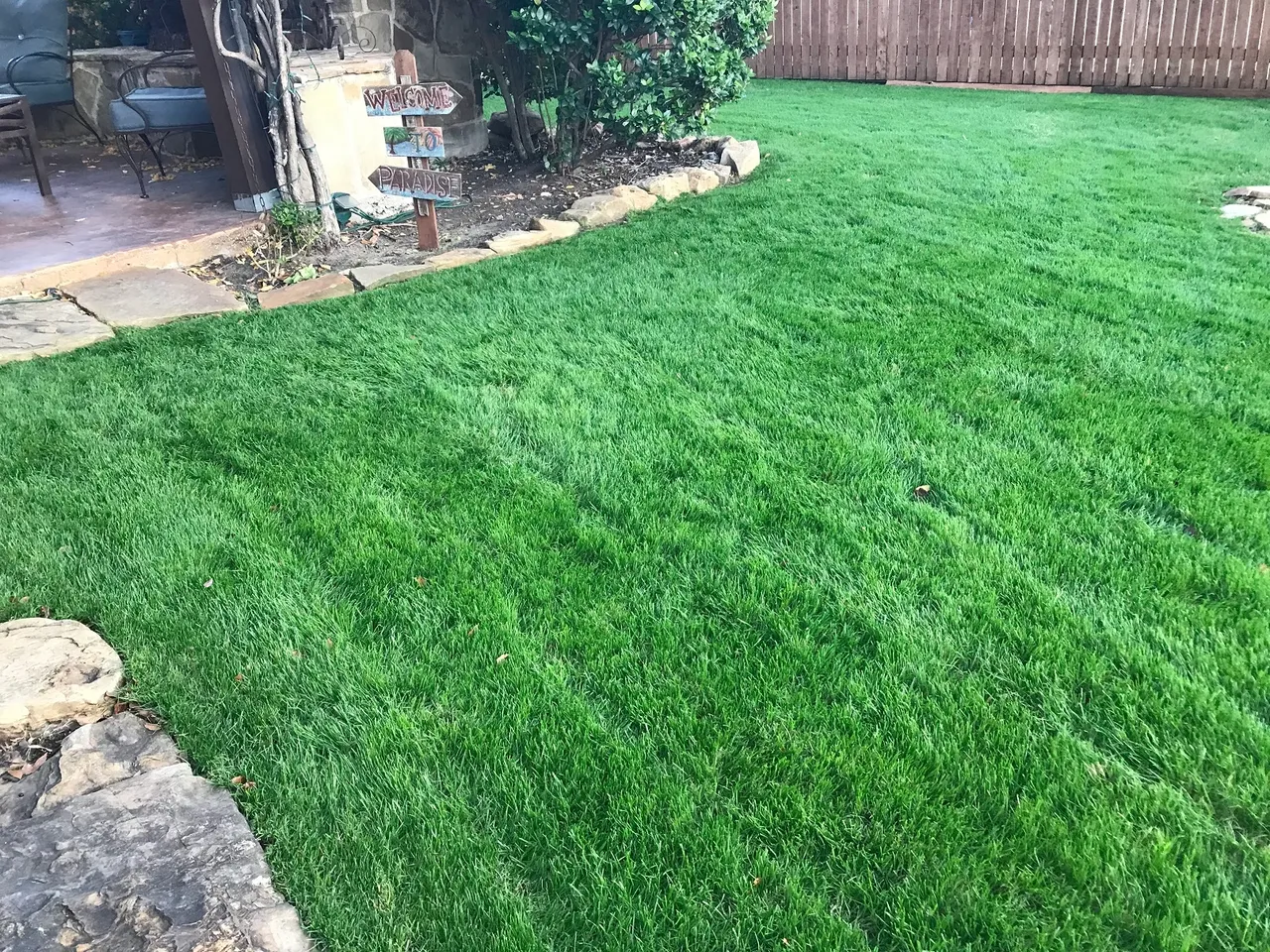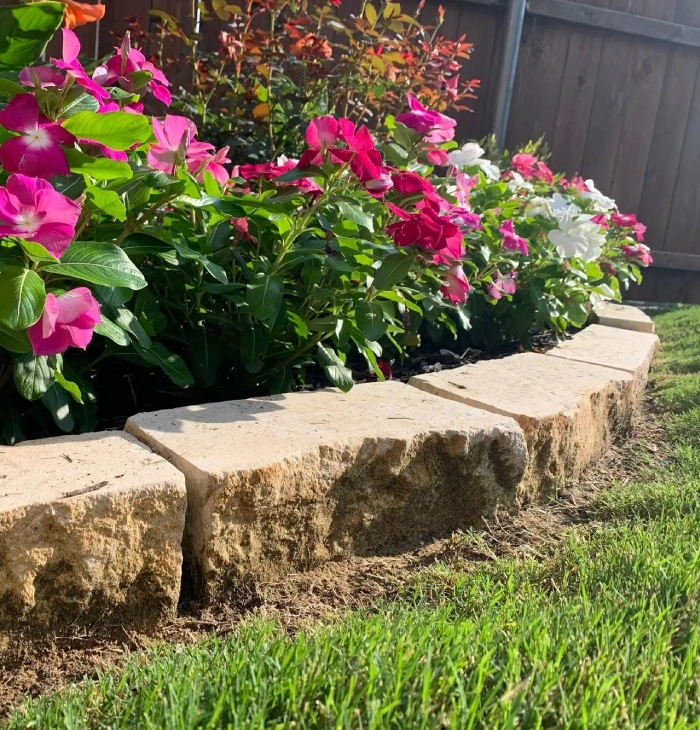How to Make Your Sprinkler System More Efficient

An efficient sprinkler system saves water, reduces utility bills, and promotes a healthier lawn. Here are key strategies to enhance your sprinkler system’s efficiency:
Install Smart Controllers: Smart controllers adjust watering schedules based on weather conditions, soil moisture, and plant needs. They prevent overwatering during rainy periods and ensure adequate irrigation during dry spells, optimizing water use.
Use High-Efficiency Sprinkler Heads: Replace old sprinkler heads with high-efficiency models that provide even water distribution and minimize runoff. Look for options like rotary nozzles, which apply water slowly and uniformly, reducing waste.
Incorporate Drip Irrigation: Drip irrigation systems deliver water directly to the plant roots, minimizing evaporation and runoff. They are ideal for garden beds, shrubs, and trees, ensuring precise water application where it’s needed most.
Regular Maintenance: Inspect your sprinkler system regularly for leaks, clogs, and misaligned heads. Addressing these issues promptly prevents water waste and ensures your system operates at peak efficiency. Seasonal adjustments to the watering schedule are also crucial.
Utilize Soil Moisture Sensors: Soil moisture sensors monitor the moisture level in your lawn and adjust watering schedules accordingly. They prevent overwatering by only irrigating when necessary, promoting a healthier lawn and conserving water.
Optimize Watering Schedules: Water your lawn early in the morning or late in the evening to reduce evaporation. Adjust the frequency and duration of watering based on seasonal needs and soil type to ensure efficient water use.
Implementing these strategies can significantly improve your sprinkler system’s efficiency, leading to a greener lawn and a more sustainable water usage.



